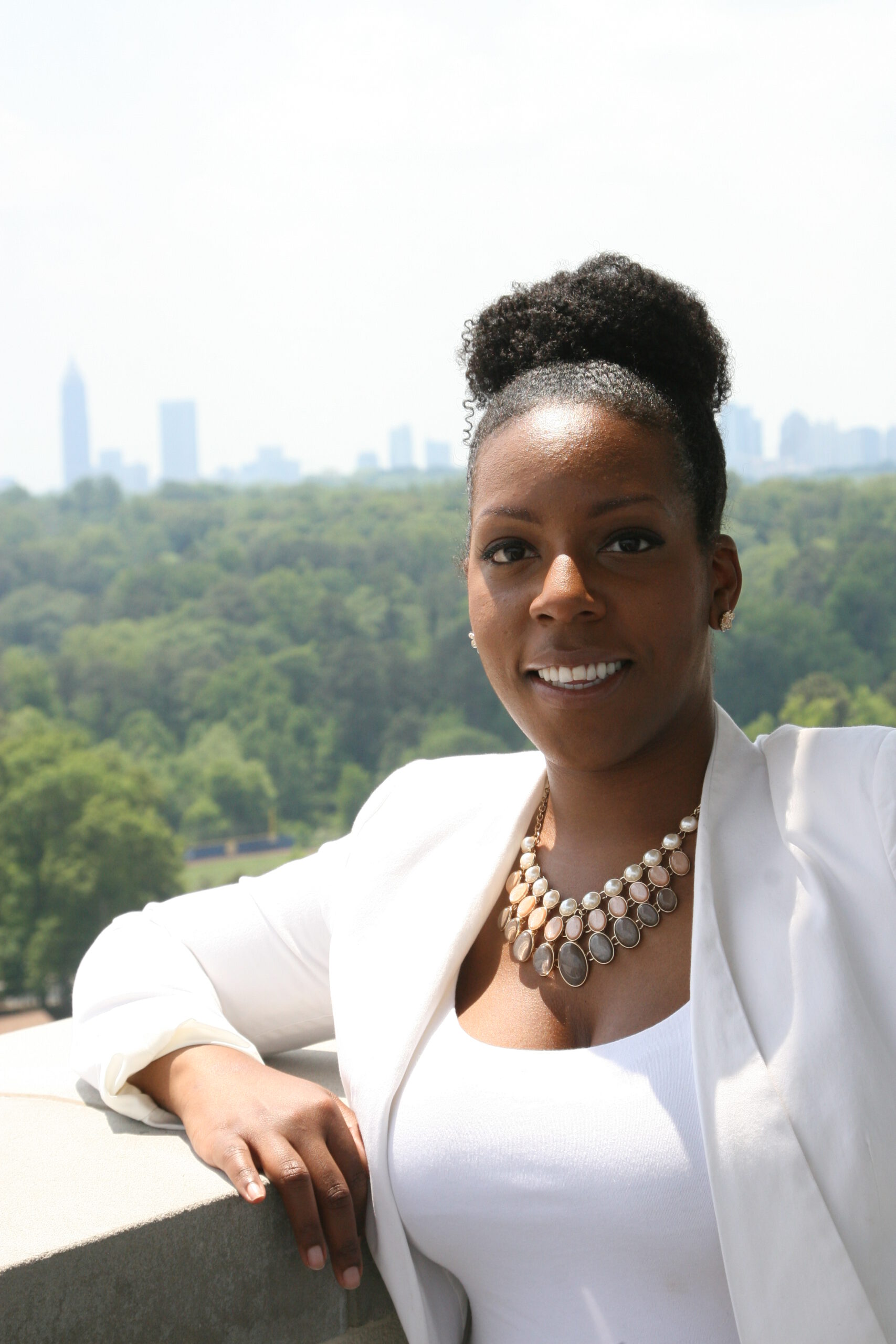On the Revolutionary Hope of Alice Thurman
By Rev. Joi Orr, 1stEpiscopal District
The police killing of Stephon Clark, the Austin package bombs, and the deepening wealth gap between whites and blacks makes us want to holler and throw up both our hands. What’s more, this violence provokes a debilitating despair within those of us threatened by the violence that our melanin attracts. The terrorism of emboldened neo-nazis, “lone wolf” patriots, and law enforcement seeks to rob not only our joy but our hope; and, when hope is gone so is meaning, purpose, and eventually life itself. Thus, this despair is an existential threat.
Certainly, despair is no new phenomenon. Hopelessness has been long suffered by black folk and the souls thereof. Therefore, we find ourselves as the black body of Christ pressed to perennially answer of what relevance is Jesus “to the man who stands with his back against the wall?” In other words, what does Christianity mean for those who suffer under the weight of the American Dream? It is a dream that cracks bones and breaks teeth. It is a dream that incarcerates us en masse. It is a dream that demands the sacrifice of Trayvon Martin, Sandra Bland, Renisha McBride, Michael Brown, Alton Sterling, Draylen Mason, and so many others.
In thinking about despair and hope, Howard Thurman wrote briefly about his mother Alice Thurman. In his seminal text, Jesus and the Disinherited,Thurman recalls the night Alice relaxed his bedtime so that they might wait outside for Halley’s Comet to pass. Upon seeing the sight, awe was suddenly replaced with fear when the young Thurman considered the fact that debris (meteors!) could fall from the Comet’s tail. Worriedly, he asked his mother what would happen if such a catastrophe should occur. Thurman wrote, “My mother’s silence was so long that I looked from the comet to her face, and there I beheld something in her countenance that I had seen only once before, when I came into her room and found her in prayer. When she spoke, she said, ‘Nothing will happen to us Howard; God will protect us.’”
My God, what audacity this woman had. Undoubtedly, I’m sure that to pessimists and skeptics Alice sounds silly, delusional, and irrational even. Yet, Alice’s hope isn’t silly. It is revolutionary. She was a black woman in America who imagined a universe in which black folk survived the end world. It is this revolutionary hope that makes our faith relevant and is the kind of hope that fertilizes the possibilities of black folk not just surviving but thriving. Revolutionary hope imagines the end of white supremacy. Revolutionary hope is, was, and will always be the balm for our despair. Revolutionary hope is what helps us get free.
Alice points us toward a hope that knows death has no sting, the grave has no victory, and despair has no stronghold. To be clear, I am not proffering cheap optimism or a hope that comforts us on the sidelines of apathy. I am pointing toward hope that motivates us to deeply engage in justice work. I am pointing toward a hope that inspires us to build more and more Free African Societies. I am pointing toward a hope that, like Alice’s, is so counter-cultural that it knows black lives matter to God even when stars fall from the sky. This is the kind of hope that saves lives and changes the world. This is the revolutionary hope of Alice Thurman and the hope of our Church.
The Rev. Joi Orr is a Ph.D. student in the Religion Department at Emory University.





